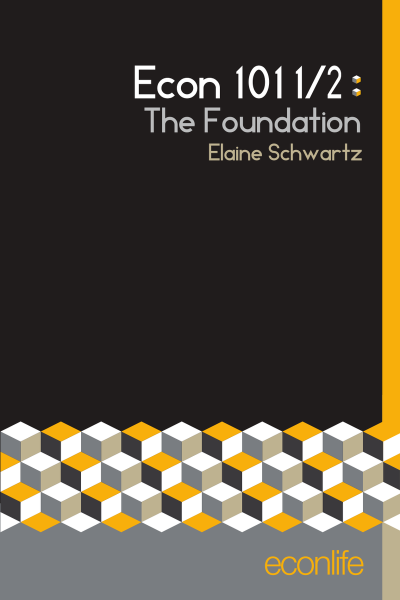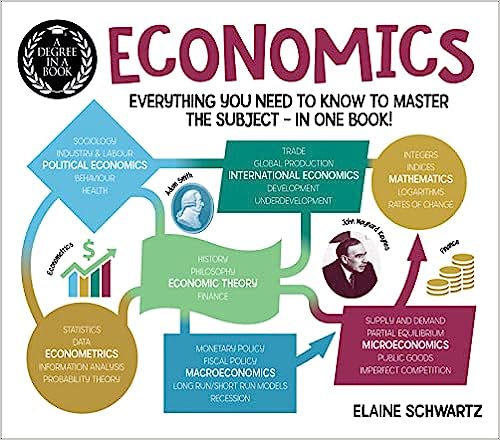Through a Thanksgiving Top Ten list, we can use economic ideas to truly understand our behavior during the holiday.
A (Strawberry) Pop-Tart Tort
Reminding us that labels matter, consumers took Kellogg’s to court because Strawberry Pop-Tarts have more pears and apples than strawberries.
When Carbon is Like a Calorie
By looking at the impact of the Affordable Care Act’s calorie label mandate, we can guess how much Google’s emission facts will influence us.
How the ATM’s Twenty Dollar Bills Affect Us
The Atlanta Fed looked at how we spend our twenty dollar bills to see the ATM’s impact on whether we use cash or debit or credit.
How the Risks of Investing and Covid Are Similar
Just when we think we have a safe approach to Investing and Covid, our risky behavior increases, thereby making us more vulnerable.
Why Your Stock Ticker Symbol Matters
Much more than a name for trading stock, clever stock ticker symbols can affect how investors feel about companies.
How An Olympic Medal Can Make Someone Sad
Depending on whether they won gold, silver, or bronze, Olympic medal winners might not be as happy as we would expect.
When More Is Less at the Supermarket
When supermarkets carry fewer products, they lose the benefit of more variety but also minimize the cost of creating too many decisions.
Why Baseball Umpires Are Like Wine Tasters
Whether looking a the strikes called by an umpire or the scores from wine tasters, we would see inconsistent decisions that are called noisy.


















